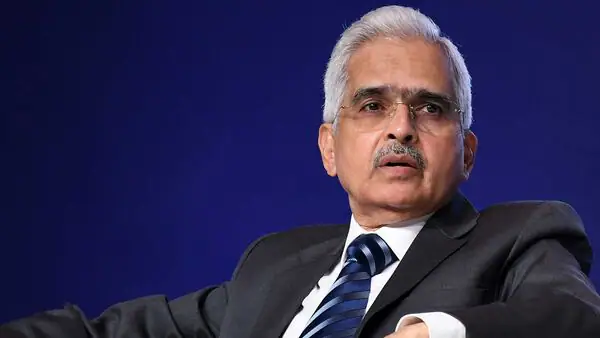The cryptocurrency market in India is facing a critical moment as Reserve Bank of India (RBI) Governor Shaktikanta Das issued a stark warning to investors during his recent address at the World Economic Forum in Davos. Despite the global surge in cryptocurrency valuations, Das cautioned about the inherent risks in these “instruments with no underlying value,” particularly highlighting the threats they pose to emerging economies like India.
This warning comes in the wake of the US Securities and Exchange Commission’s (SEC) approval of bitcoin exchange-traded funds, a move that has been viewed by some as a validation of cryptocurrencies. However, Das made it clear that India’s stance on digital currencies would not be swayed by decisions made in other countries. He emphasized the need for India to prioritize its economic well-being, distinctly separate from the approaches of other nations like the US.
Governor Das has a history of expressing skepticism about cryptocurrencies. He has repeatedly raised concerns over their potential to disrupt financial stability and even trigger a global financial crisis. In a recent response about the future of cryptocurrencies in India, he bluntly described it as “very bad,” highlighting the risks of volatility, money laundering, and terror financing associated with these assets.
Additionally, Das discussed the challenges facing India’s economy, specifically addressing the issue of food inflation. He attributed the volatility in food prices to global supply chain disruptions and unpredictable weather patterns. The country has seen significant spikes in food prices over the past year, pushing inflation beyond the RBI’s target of 4%. The Governor acknowledged the impact of heavy rains and floods on crop prices but assured that the central bank is actively working to mitigate these fluctuations.
In a related development, India’s stance on cryptocurrency regulation took a more concrete form as the Financial Intelligence Unit (FIU) of the Finance Ministry issued show cause notices to nine offshore crypto exchanges. Subsequently, the Ministry of Electronics and Information Technology (MeitY) was asked to block their URLs in India. This action was taken due to their alleged non-compliance with Indian anti-money laundering laws. The affected exchanges include prominent names like Binance, Kucoin, Huobi, and others, marking a significant step in India’s regulation of the cryptocurrency market.




